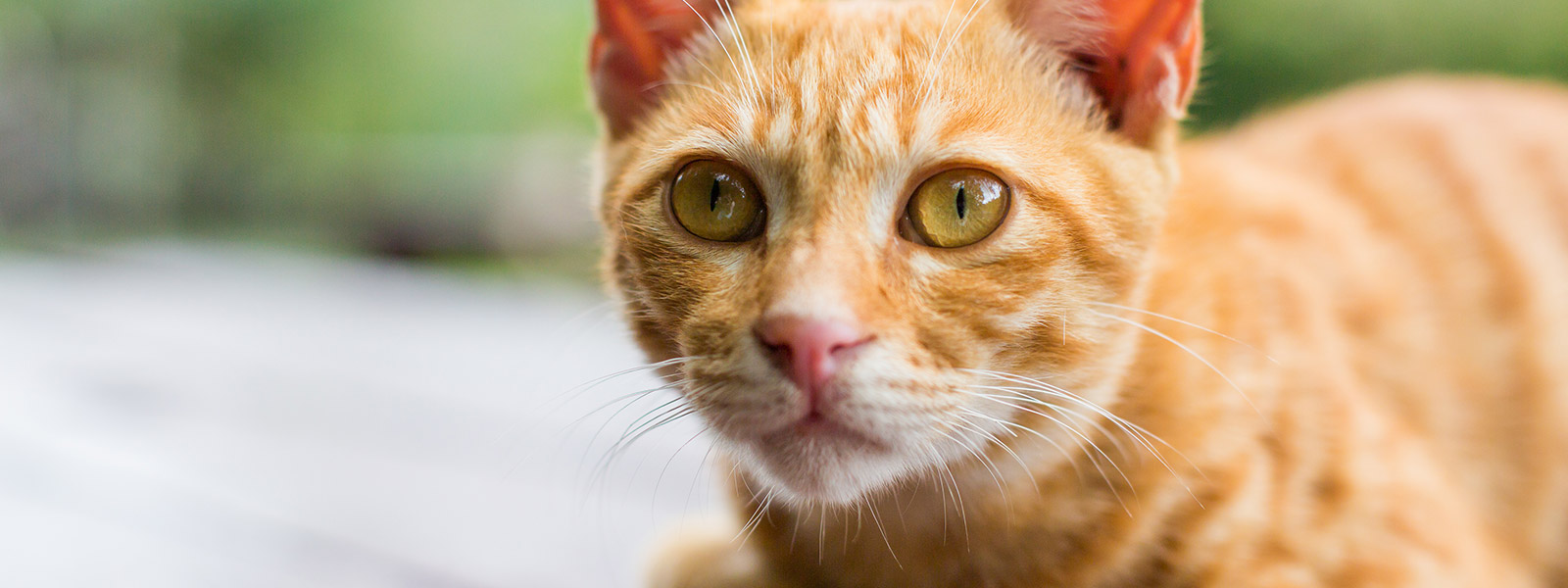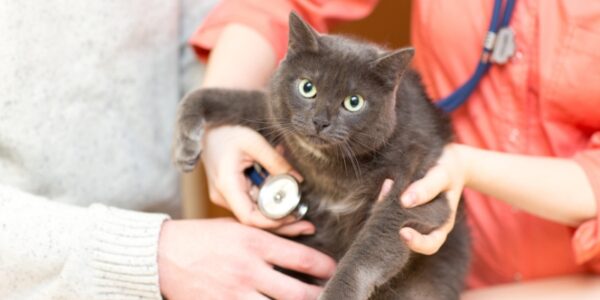When your cat is seven years old, they are the human equivalent of middle aged and considered a senior. With their kitten years behind them, you might notice your cat’s life changes pace a little and this is perfectly normal but it can also sometimes be indicative of illness.
At Vets in Cranbourne, we like to see our senior cats once every six months for a check-up as at this age your cat is more prone to several serious health conditions which tend to advance much faster in older animals. This page is a guide to some of the more common health conditions we see in senior cats, which regular visits to your vet can help diagnose, treat and manage.
Dental disease
Dental health tends to deteriorate as animals age because of wear and tear as well as changed eating habits. Dental disease is very common in older cats and it often goes unnoticed by owners as the cat will continue eating normally, but simply learn to tolerate the pain. If left untreated, dental disease can affect major organs so we recommend taking advantage of our complimentary dental check-up services.
High blood pressure
Older cats often have high blood pressure which can lead to several serious health conditions including thyroid issues, kidney disease and blindness. Blood pressure testing is a quick and simple way to monitor changes in your senior cat’s blood pressure and screen for diseases which often go undiagnosed until it’s too late.
Kidney and thyroid disease
Kidney and thyroid issues are extremely common in older cats, but the animals often conceal symptoms from their owners until the disease is well advanced and they are too sick to do otherwise. We recommend annual blood tests to screen for these issues, which can be effectively treated if caught early.
Arthritis
As cats get older, the wear and tear on their joints from all that jumping and running around in their younger years tends to take its toll and manifest in the form of painful arthritis. Happily, arthritis can easily be managed through a combination of medication and lifestyle changes. Signs to look out for that your senior cat might be arthritic include behavioural changes such as a reluctance to jump or a reduction in grooming habits.
Other Related Services
For more information on related services, please visit the pages below.
Kitten Vet ServicesAdult Cat Vet ServicesCat & Kitten VaccinationsCat & Kitten Desexing




